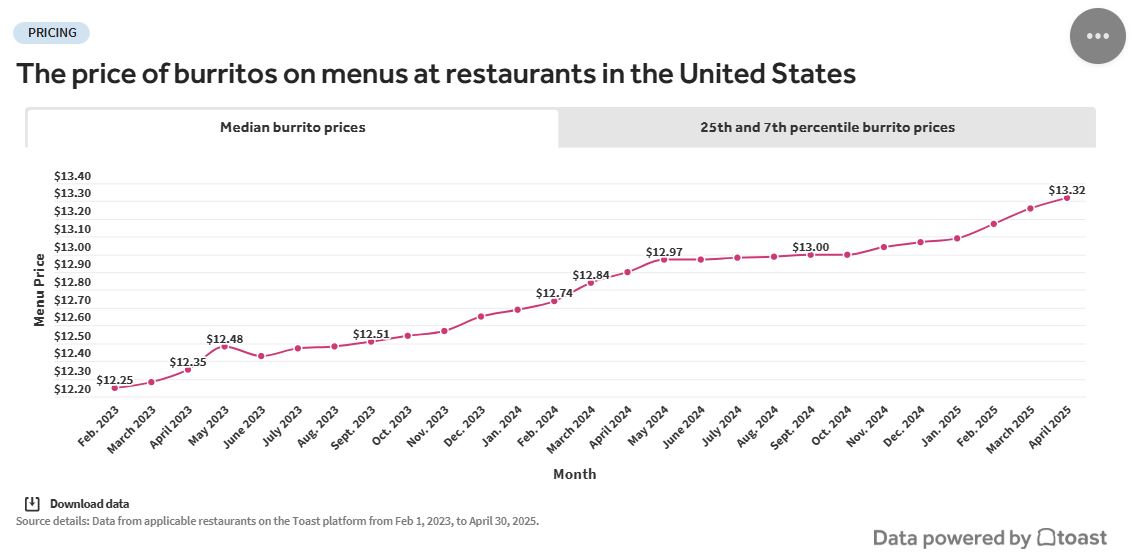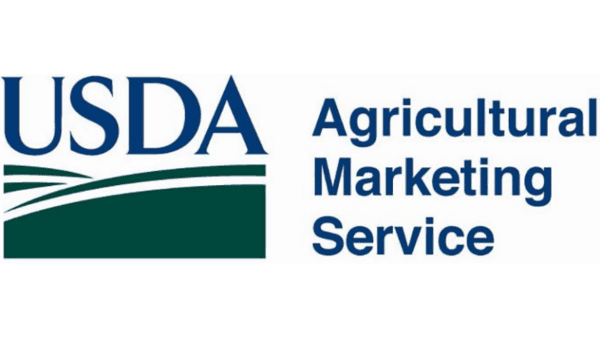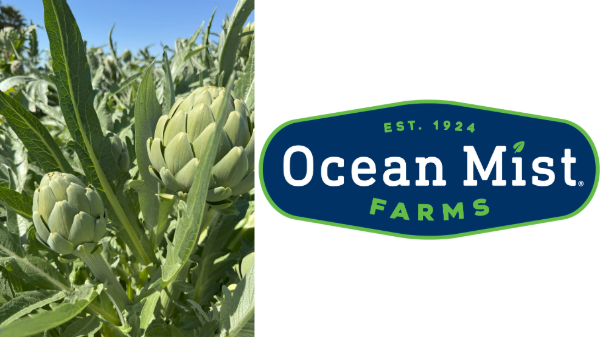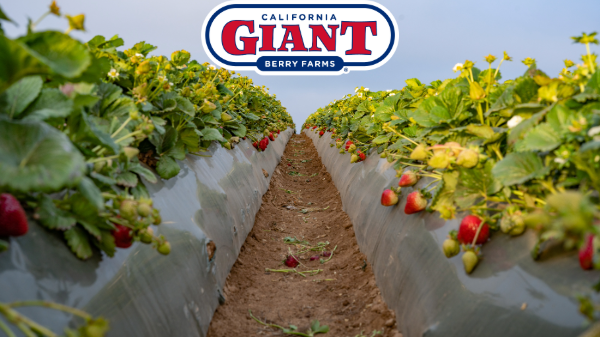Welcome to Blue Book!
Are you ready to join the thousands of companies who rely on Blue Book to drive smarter decisions? View our plans and get started today!
Still have questions? We’d love to show you what Blue Book can do for you. Drop us a line– we’ve been waiting for you.

Another rail shipper, Tampa, FL-based Green Express, will be offering refrigerated logistics services from Kingsbury, IN to the Port of Tampa. Green Express is partnering with CSX Transportation’s Food & Consumer Products Group for direct, high-speed unit-train rail access to Tampa, with Chicago-based Iowa Pacific Holdings providing the refrigerated box cars. Once the service is up and running this spring, two express trains with trailer, container, and box car capabilities will run weekly from the Chicagoland area to the Port of Tampa, with planned expansion to an East Coast facility in Philadelphia, and eventually out to the West Coast.
On the ocean side of the shipping coin, Crowley Maritime Corporation and Seaboard Marine Ltd. joined forces to share vessels for a weekly service between South Florida (Miami and Port Everglades) to Costa Rica and Panama. Other news includes the creation of the Florida Perishables Trade Coalition, which launched a six-month pilot program for bringing cold-treated commodities from Peru and Uruguay directly into South Florida. Both cold-treated blueberries and grapes have arrived in Miami, bypassing traditional routes to East Coast ports. If successful, the program will widen the scope to include other countries and perishables.
Weather:
Weather, too, is a constant topic. Across the board, growers, distributors, importers, and exporters agree that weather is the industry’s biggest question mark; as usual, it can dictate a season’s profits by creating either abundance or shortages. “Like anything else,” says Vazquez, “we have to figure out a solution, but it’s difficult to plan for.”
A new book edited by University of Florida Institute of Food and Agricultural Sciences researcher Keith Ingram, Climate Change of the Southeast United States: Variability, Change, Impacts, and Vulnerability (2013), says wild weather is something the industry should plan on, not only for the foreseeable future, but the rest of the twenty-first century. The book’s authors believe unexpected, severe weather events will occur more frequently, especially in the southeastern United States—stretching from Virginia down to Florida, then west to Louisiana and up to Kentucky. The study also included Puerto Rico and the Virgin Islands as well.
Among the forecasts affecting the fresh produce industry were higher overall annual temperatures and more extreme heat days, but fewer cold and freeze days. Other predictions included higher sea levels, fewer yet more severe tropical storms and hurricanes, and declining air quality. Each of the variables could require growers to alter plantings and irrigation, as well as harvests, storage, and shipping patterns.








